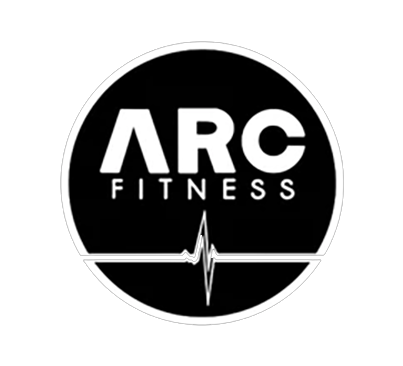No products in the basket.
Arc Fitness, Uncategorized
Enabling – When help becomes unhelpful.
Enabling – When help becomes unhelpful.
Enable:
“To give (someone) the authority or means to do something; to make it possible for”
Addiction not only affects the individual, it also causes ripple effects through the wider family unit. At times families are left trying to navigate the addiction merry-go-round trying their utmost to protect the person and eventually through frustration and exacerbation, protect themselves.
Fundamentally, most families want to help when a loved one is suffering from a drug or alcohol problem, however, sometimes that “help” becomes enabling.
Enabling comes in all different forms. For example, do any of these statements below sound familiar?
- Lending money you know you’ll never get back.
- Excusing bad behaviour?
- Tiptoeing around a sensitive subject – especially alcohol/drugs?
- Taking care of their responsibilities and ignoring your own?
When a loved one is struggling with addiction, families and friends tend to blame themselves or think that they’re the only person who can and should help.
I commonly hear about scenarios when, for example, mum is pleading with the person to get help, dad approach is that of ‘tough love’, grandparents believe the new excuse presented and lend some money for “rent” when it’s actually being spent on drugs/alcohol.
Family relationships become tense, people begin to argue about what is best to do, becoming more and more frustrated with why they can’t seem to help. People will try anything to help a loved one beat addiction.
However, it’s easy to cross the line from helping a loved one to enabling their addiction further.
If you are a friend or family member of someone struggling with addiction, you should ask themselves these questions:
- Does the INDIVIDUAL spend every penny you give them on drugs / alcohol when it is intended for food, bills, rent, etc.?
- Do YOU often justify this person’s behaviour and let them get away with it?
- Do YOU spend most of your time and effort trying to intervene, problem solve and convince your loved one to enter treatment?
The destructive and selfish nature of addiction can make many family members and friends trying incredibly hard to help, losing sight of their own lives. It’s understandable that they want the persons suffering to end, they love them, and they just want the best for them.
However, the person suffering from addiction needs to find it within themselves to pursue treatment for themselves and make the effort to overcome their dependence.
My Advice!
If you want to successful help your loved one make the best chance at recovery, educate yourself and learn about the complexities of addiction.
Try to understand what your loved one is going through and let them know that you love and care about them.
Set boundaries. This is SO important. Giving into their demands can perpetuate the problem, though it may not seem like it at the time. The person needs to learn how to independent in this.
Seek family support during treatment is especially important. Organisations such as Al-anon, ASCERT or The Northlands Center help educate families and friends about addiction, treatment and recovery.
In the end, your loved one will thank you for being the positive support they needed when beginning their path to recovery.
